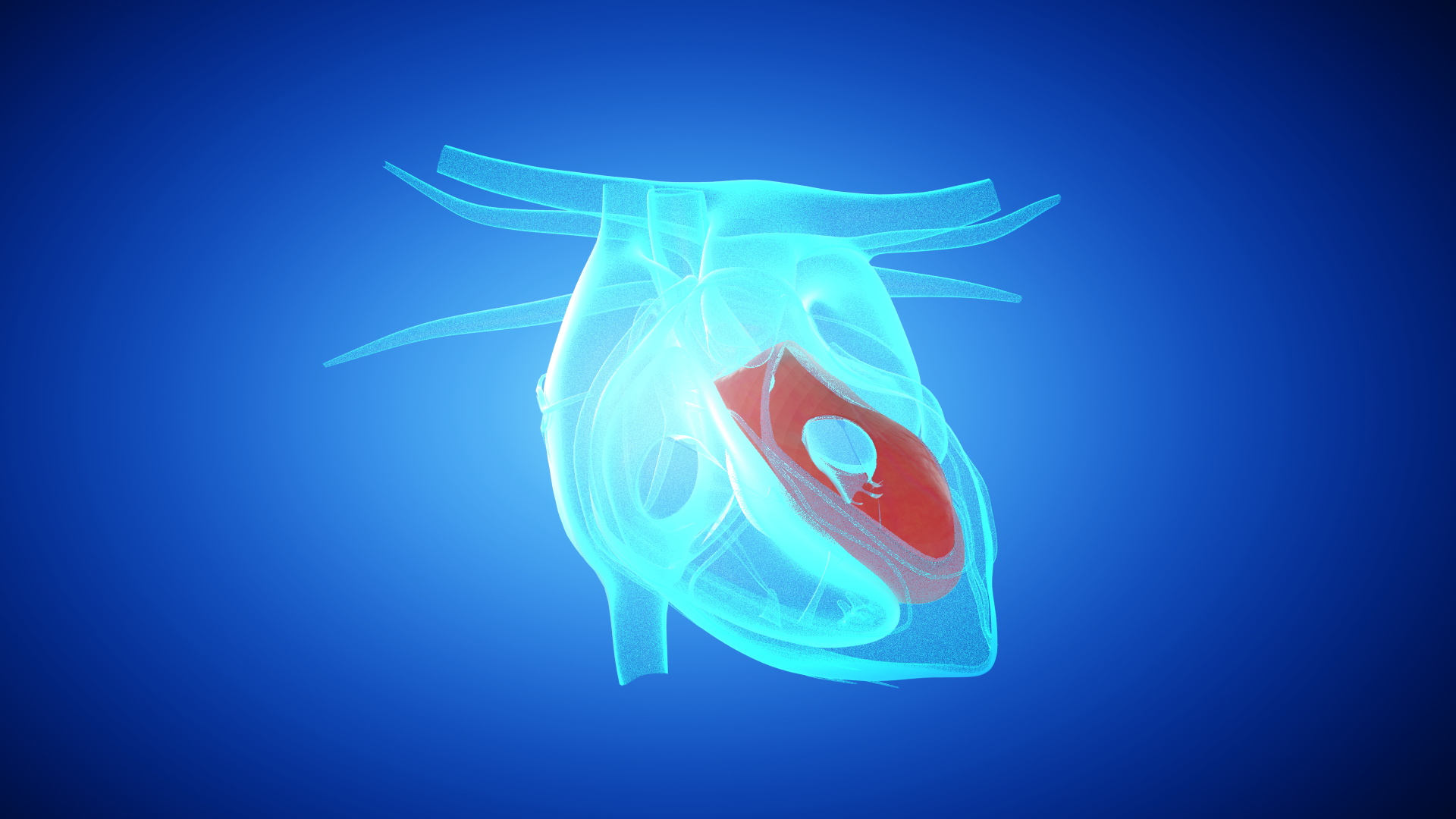What is left ventricular high voltage?
Generally speaking, left ventricular high voltage is an electrocardiographic finding referring to increased QRS complex amplitude in the left ventricular leads on an electrocardiogram (ECG). If discomfort symptoms occur, it is recommended to seek timely medical consultation at a hospital and receive standardized treatment under a physician's guidance. Detailed analysis is as follows:

Left ventricular high voltage refers to ECG findings where the electrical potential changes in the left ventricular region exceed the normal range,表现为 increased wave amplitude or complex height. In tall, thin individuals with relatively thin chest walls, potential changes of myocardial cells are more easily detected, which may lead to left ventricular high voltage changes. Individuals undergoing intense physical training, such as athletes, may also exhibit similar ECG findings. Additionally, conditions such as left ventricular hypertrophy, hypertension, myocardial ischemia, and aortic valve stenosis can all potentially cause left ventricular high voltage.
Physiological left ventricular high voltage typically does not present with discomfort symptoms, while pathological left ventricular high voltage may be accompanied by symptoms such as dizziness, headache, chest tightness, chest pain, and palpitations. As the condition progresses, patients may also experience shortness of breath, dyspnea, reduced exercise tolerance, and easy fatigability. Treatment options include medication, surgical intervention, and lifestyle modifications, all of which should be conducted following a physician's instructions.
It is recommended to develop regular lifestyle habits, avoid long-term mental stress and excessive fatigue, maintain a balance between work and rest, stay optimistic, and ensure adequate physical and mental rest.





